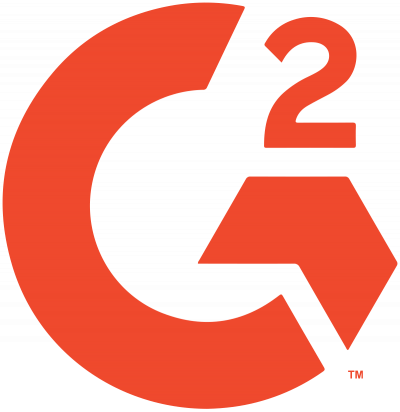
You’d think they’d be the best of buddies considering how interdependent they are, but instead it’s a well-known fact that sales and marketing teams just can’t seem to get along. Sales think marketing are fluffy and misguided about what constitutes a lead, while marketing believe that sales have no clue how to follow up on the leads they are handed. A survey conducted by Marketing Sherpa actually supports the sales teams’ views though, as it found that 80% of marketers don’t spend time qualifying leads before passing them to sales.
In their defense though, a Gartner study in 2011 found that when allocating marketing budgets, top priorities for marketers were to:
- Acquire new customers.
- Improve customer retention.
- Support sales including lead generation.
So what’s going wrong?
Gartner also revealed that generating high quality leads is getting harder. The state of the economy means that budgets are tighter and this is reflected in the results of their “CMO Perspectives on B2B Marketing Automation” research that shows that this challenge for high quality leads increased from 69% in 2009 to 76% in 2010.
It also seems that there are a number of key differences in the way these teams view things and are measured, meaning they are working towards different goals at different locations in the sales funnel.
- Sales are measured on hitting revenue targets while marketing are measured on a whole range of objectives, many of which are not related to revenue at all.
- Sales get commission on the business they close so are highly motivated to do so, while most of the time marketing get a base salary paid no matter what they achieve.
- There’s a definite mismatch between perceptions of what constitutes a lead.
So how can you heal the rift?
Alignment and integration is key. Metrics, measurements and objectives need to be aligned and easily measurable, while integration of the teams will foster a better understanding between them of how they each work and how they can help each other.
Marketing automation is another key step that can help to improve the lead generation and qualification process. With a CRM system that manages the whole process from lead generation right through to invoicing, both teams can see what’s working and what’s not and what it actually costs to turn that lead into a customer. And if they are already more closely aligned and integrated, instead of blaming each other when things don’t turn out as they hoped they will work together to make it work better.
An article in the Harvard Business Review ‘Ending the War Between Sales and Marketing‘ revealed that if businesses can get this right then they will see significant improvements in important performance metrics, such as shorter sales cycles, costs for market entry dropping and the total cost of sales decreasing. So, isn’t it time to use a CRM system that will join up your sales and marketing teams so that they work together for common goals?



